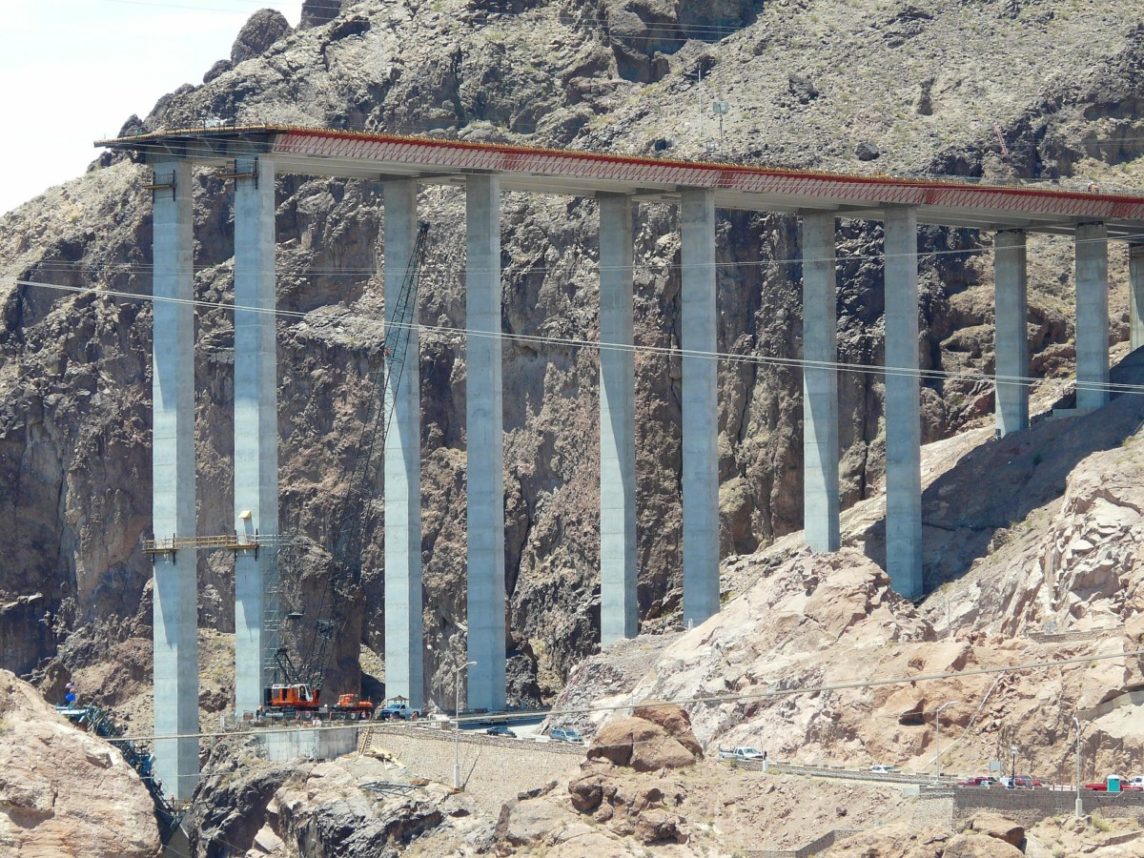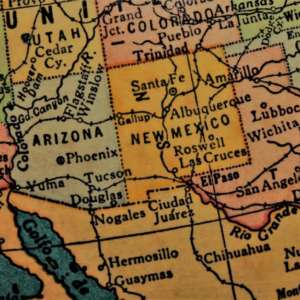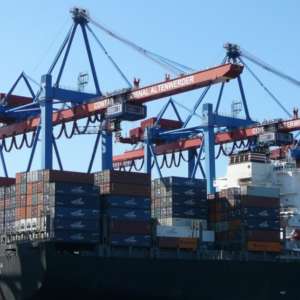In March, Italy became the first G7 country to formally join China’s Belt and Road Initiative (BRI). The deal, confirmed during a visit by Chinese President Xi Jinping laid the groundwork for a preliminary $2.8 billion in Chinese investments in Italian projects, including infrastructure improvements at Italian ports in Trieste, Genoa, and Palermo. The announcement elicited consternation from other EU member states and the U.S., with Secretary of State Mike Pompeo saying he was “saddened” by the deal. Yet while the BRI (also known as “One Belt One Road” and the “New Silk Road”) coming to Italy may mark an inflection point in the project’s history, China has already made a surprising number of strategic infrastructure purchases across Europe that are redirecting the flow of goods throughout the continent.
Over the past ten years, China has purchased shares in 13 ports across Europe, including operations in Spain, Belgium, and Greece. The Greek port, Piraeus, is particularly noteworthy because it is the only one so far to fall under complete Chinese control, and has been owned and operated by COSCO since 2016. In that time, COSCO has already spent $700 million on the port, and Piraeus’ productivity has skyrocketed. In just a few years, it has gone from being the world’s 93rd largest container port to the 38th.
Piraeus’ renaissance has not been without controversy, however, as port workers have accused COSCO of union-busting, inhumane work conditions, and smuggling. Cultural differences between the port’s new management and its local workers have been aired in public grievances, such as COSCO’s executive in Piraeus saying that if workers wanted higher salaries, they should work hard, “not lie on the beach and drink beer.” The head of the port’s white-collar union fired back, saying that in labor negotiations she learned that, “When the Chinese say win-win, they mean they win twice.”
As is often the case when analyzing BRI projects, it’s difficult to determine the Chinese government’s long-term intent, and the long-term impacts to local communities. In the case of Piraeus, COSCO’s control has, in many ways, represented an improvement to the Greek government’s mismanagement and neglect. Undoubtedly Italy—whose government suffers from chronic corruption—is eager for investment in infrastructure, particularly after the highly publicized bridge collapse that killed 43 people last year. Aside from physical investments, the BRI deal will also grant Italy access to Chinese markets, after years of Chinese manufacturers decimating Italy’s homegrown industries.
In spite of the lure of the BRI’s promises, some in the U.S. and EU have characterized these investments as debt traps disguised as goodwill missions. To be sure, some BRI loans have become white elephants to their countries, as in Sri Lanka, where the interest payments on a nearly empty airport now amount to 77 percent of government revenue. Others are concerned about the amount of European infrastructure now in China’s hands. Theresa Fallon, a China analyst in Brussels, told NPR: “If you think of China’s growth strategy [in maritime ports], they’ve invested all along the peripheries of Europe. So it’s like an anaconda strategy: Surround it and squeeze it.”
For its part, most of Italy’s government has shrugged off international criticism as mere hypocrisy. According to former Italian ambassador to China, Alberto Bradanini, “The countries of Northern Europe, Germany and its satellites in particular, which are today opposed to [this deal]– maybe because they need to pay lip service to American pressures – make business with China in every field and in every way possible, with or without the belt and road umbrella.” There is undeniable truth to that criticism, since Xi Jinping’s European trip also featured a massive deal to buy Airbus planes from France, and to expand its Huawei 5G network in Monaco.
Of course, there is room in this narrative for multiple winners and losers. China’s presence in Italian ports such as Trieste will allow it to enjoy rail links to the interior of Europe and advantageous trade terms. Yet simultaneously, for U.S. shippers, the immediate impact of Chinese investment in European ports is likely to be positive, as they reap the benefits of increased efficiency. And there are some observers who think America’s reaction Italy’s participation in the BRI is overblown. Writing in JOC, Andre Wheeler opined that: “Despite the failure of countries such as Germany and France to acknowledge that they are already enjoying significant trade with China…[Italy’s involvement] could possibly trigger significant reform based on recognition by a G7 country of the ambitious Belt and Road infrastructure project.” While the U.S. government may dislike on principle any indication that its power is waning while China’s grows, Italy claims that it is merely blowing with the prevailing winds. “This is not being isolated from Europe, this is Italy leading,” said Italy’s undersecretary for economic development, Michele Geraci. “And when you lead, you do need to be alone for a split second.”
Red Arrow Logistics has the scale and scope to meet the budget and schedule requirements of the largest and smallest companies alike. If we can be of assistance, please email me at liz.lasater@redarrowlogistics.com or give us a call 425-747-7914



